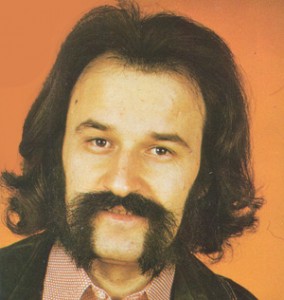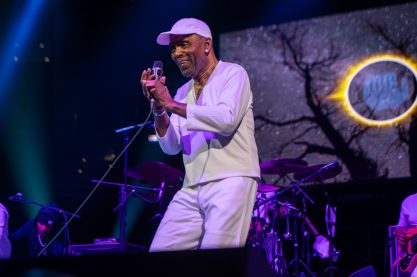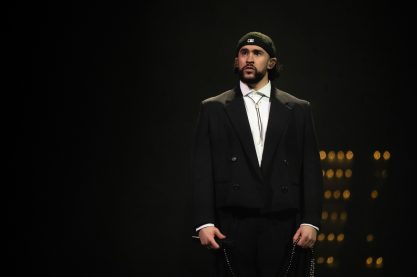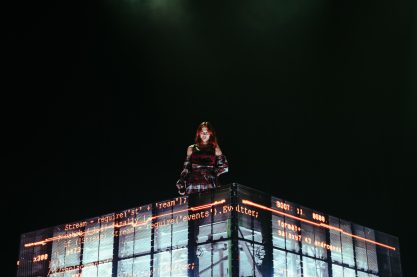Music
APPRECIATION: Giorgio Moroder
I believe that new is boring and that history is inspirational. These opinions are not necessarily the views of the Couch Sessions. “Marcus Dowling appreciates…” celebrates the memories that define the future. Enjoy.
When observers of the present dance generation look back for inspiration, they usually end up at Daft Punk. The French duo's insistence on synthetics meeting melody that coalesce into legendary dance floor heaters has inspired pretty much everyone that has made a significant inroads behind both the underground and mainstream electro trend. However, no great idea exists without great inspiration. By that standard alone, and so many more to follow, it's forever important to have appreciation for the inventor of the mainstream electro sound, Italian super-producer Giorgio Moroder.
[youtube]http://www.youtube.com/watch?v=h1ArZEFwRsY[/youtube]
The excess of disco is one of the most familiar tropes of any recounting of the 1970s experience. Most underrated in this discussion would be the payment of session musicians, the men responsible for the lush melodies that accompanied that legendary tunes of Barry White, The O'Jays, and yes, the muse of the Italian Moroder, Massachusetts native turned off-Broadway Hair star Donna Summer. Summer's "Love to Love You Baby" is one of disco's most extravagant moments. Famously, its 17-minute long-form version approximates the amount of time it would take for the average couple to engage in intercourse, an experience backed by a symphonic masterpiece of delicate violins and a patient bassline, the rattle and hum of Summer's vocals a woman getting completely into, and the most out of her romantic mood. As the orchestrator of this work, Moroder (along with frequent collaborator Pete Bellotte) could easily rest on his laurels. However, in demanding more of his creative imagination, he pushed disco into every single generation to come.
[youtube]http://www.youtube.com/watch?v=f0h8Pjf4vNM&ob=av2e[/youtube]
American discos were the audience. Due to the rampant popularity of John Travolta's charismatic star turn in Saturday Night Fever, folks not filling the stereotypical expectation of black, Latino and gay dance maestros were invading the clubs at a phenomenal clip. Unwilling to learn the complicated footsteps required to truly appreciate the four on the floor peripatetic rhythms, Moroder, now producing for mainstream disco powerhouse Casablanca Records had an easy solution. Synthesizers were nothing new in 1979. Stevie Wonder's Moog work opened the door, and Korg synths as well were mainstream staples. On Summer's single "I Feel Love," set against a stark background of a metronome-like synthesizer against a cosmic harmonic fill, a pronounced lack of melody and rhythm blew the doors off of disco and made dance a worldwide phenomenon.
[youtube]http://www.youtube.com/watch?v=WmNH1e8yqdY[/youtube]
Gone was the need for a multi-piece orchestra to record sounds. Important now as well was technological knowledge, intellectualism as important as an ear for next level musical cool. The music grew colder and deeper, with Moroder at the forefront. As disco faded, New Wave rose, post-punk with a cold disco feel, the godfather of Zapp's funk, Kraftwerk and Detroit techno. As the synths heated up again, the extravagant sound became Daft Punk, it became Swedish House Mafia, David Guetta and Avicii today, and folks like Skrillex too can pretty much owe everything to the iconically mustached Italian forefather.
Disco. Electro. Past presents future. In ultimately remaining timeless, Giorgio Moroder remains appreciated.





